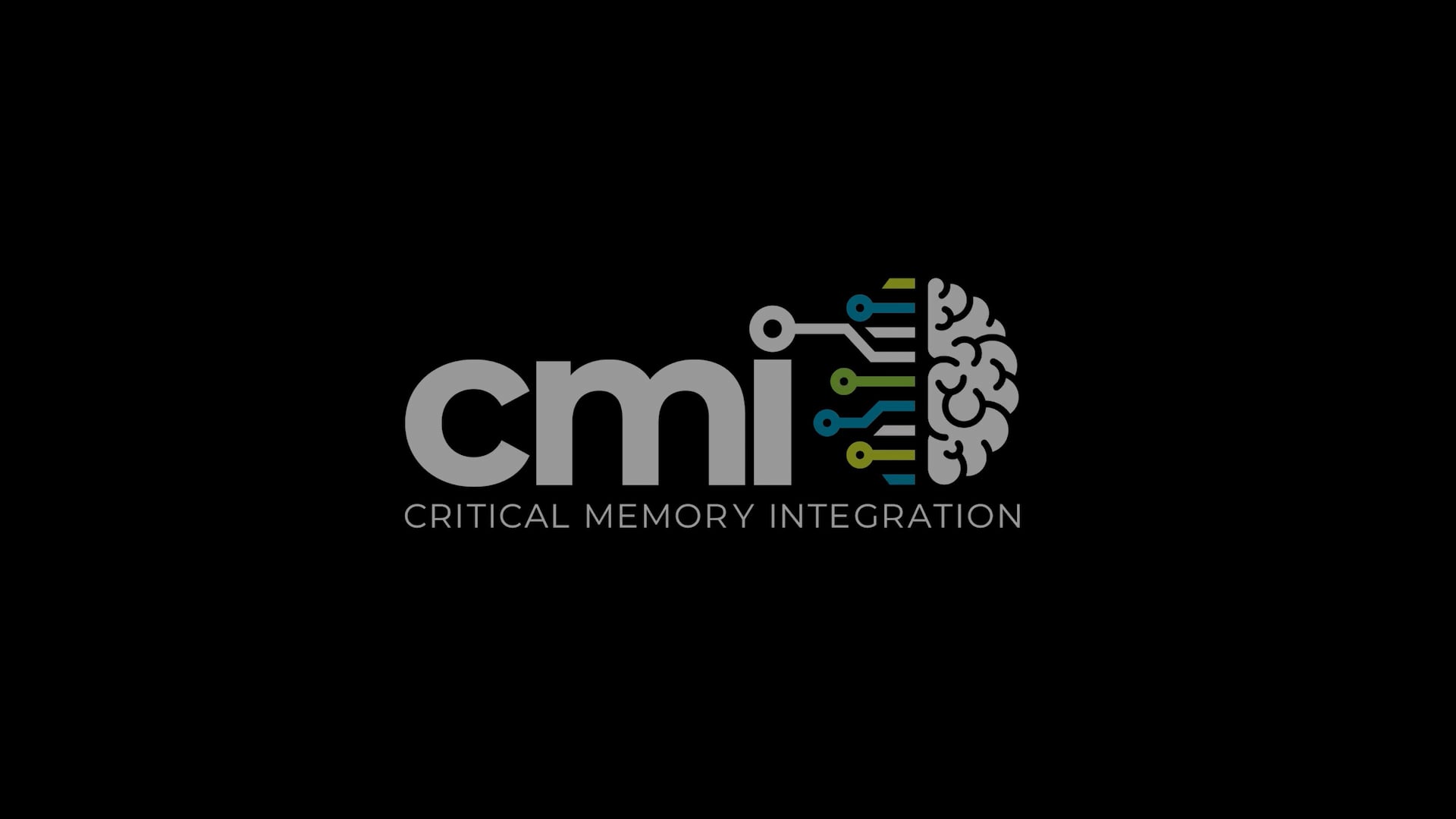ARISE Alliance Launches Groundbreaking
Critical Memory Integration (CMI™) Program
Tampa, Florida– April 21, 2025 ARISE Alliance Institute officially announces the launch of its highly anticipated Critical Memory Integration (CMI™) program, an innovative, evidence-informed psychotherapeutic approach designed to transform how clinicians approach mental health treatment. Developed through ARISE Alliance’s integration of cutting-edge neurophysiology and embodied therapeutic practice, CMI is reshaping the future of mental health by addressing not only the cognitive and physiological impacts of trauma but also the deeply rooted survival strategies that shape identity, behavior, and how the individual relates to the world.
CMI is an experiential psychotherapy that helps individuals integrate critical experiences into their broader sense of self. These “critical memories” often serve as the foundation for protective behaviors that once ensured survival but pose limitations to self-awareness, range of emotion responses, relational patterns, and sense of control over their life. While many effective therapies reduce symptoms through desensitization or regulation, CMI takes another path by uncovering the implicit beliefs and adaptive strategies that drive thoughts, feelings, and behaviors long after the original threat is gone.
Many approaches are built around assumptions of where the problem lies, often focusing on conscious beliefs or specific memories. But for many individuals, especially those with complex trauma, these strategies miss the mark. Beliefs and responses formed from experiences like disrupted attachment or prolonged adversity are not simply rewired by trying to change thoughts or just by desensitizing the discomfort (although these can be a part of the process).
“In CMI, we invite therapists and clients to view sensations, emotions, and feelings as a necessary process, much the same way processes like digestion are necessary. In a very real sense, integration cannot happen without a full connection to the emotions that come up. While managing emotions helps a lot of folks, conventional approaches that focus solely on regulation and coping strategies can sometimes hinder the process of integration. With CMI, we encourage a perspective shift that privileges the experiential phenomena and allows individuals to engage with and expand their emotions rather than avoiding, constricting, or regulating them, and this has resulted in better outcomes,” noted Dr Brian Livesay, PhD, Director of Clinical Research at ARISE Alliance.
CMI’s approach is different in that it teaches individuals how to follow their internal signals to find the answer within. This begins by attuning to bodily sensations and emotions, so that clients can find the origin of patterns that may have remained hidden for years. This often leads to powerful revelations and results in the integration of experiences previously outside conscious awareness.
“I worked with a girl years ago, helping her resolve nightmares and flashbacks from early abuse using conventional approaches. She came back to me as an adult and said, I don’t know why I keep putting myself in situations where I get assaulted. Through the process of CMI, she went back to the first assault at age 5, realizing she felt there was danger but couldn’t fight or escape, so shutting down was how she survived. This was replaying how she was responding as an adult. Once she integrated that, she was able to make changes and reclaim her personal agency,” said Estefana Johnson, LCSW, and Director of Clinical Training at ARISE Alliance.
CMI facilitates integration through direct experience, not just conversation. It engages the nervous system through guided attention to internal signals, creating space for the body and mind to process unresolved experiences together. Rather than targeting what the clinician believes to be the issue, CMI teaches the clinician how to support a natural process where an individual can move through the experience to allow the body to reveal the root of the problem.
Critical Memory Integration (CMI) can benefit a wide range of individuals, especially those who struggle with the process of emotion and psychological challenges. This includes trauma survivors, such as those dealing with the effects of past trauma, including PTSD, anxiety, depression, and those unable to regulate their emotions and dealing with anger, sadness, or fear. Additionally, CMI is valuable for individuals who carry emotions from past experiences that deeply affect their mental health and overall well-being. Through integration, CMI provides a holistic and effective approach to healing and post-traumatic growth.
To learn more about the Critical Memory Integration program or to inquire about training and certification opportunities, please visit www.arisealliance.com or contact ARISE Alliance at 813-402-8870, info@arisealliance.org. You can also learn more about CMI through a free webinar: https://arisealliance.org/cmi-webinar/
About ARISE Alliance Institute
ARISE Alliance Institute is a pioneering organization at the forefront of mental health innovation. Founded by a team of mental health clinicians with decades of diverse experience across neuroscience, psychotherapy, and clinical research, ARISE is committed to advancing new methodologies in mental health care and offering cutting-edge training programs for mental health professionals. ARISE Alliance’s mission is to provide individuals and practitioners with the tools to build a more resilient, integrated future.
ARISE offers specialized programs to train therapists in emerging therapeutic approaches, including Critical Memory Integration (CMI), as well as workshops for non-clinicians. These trauma-informed workshops offer simple, accessible tools to understand what drives our thoughts, emotions, and behaviors. With a focus on nervous system regulation and everyday practices, participants are supported in feeling safer in their bodies, more connected, and more in control of their lives.
Media Contact: Cindy Tanenbaum
Dunn Pellier Media, Email: cindy@dunnpelliermedia.com

